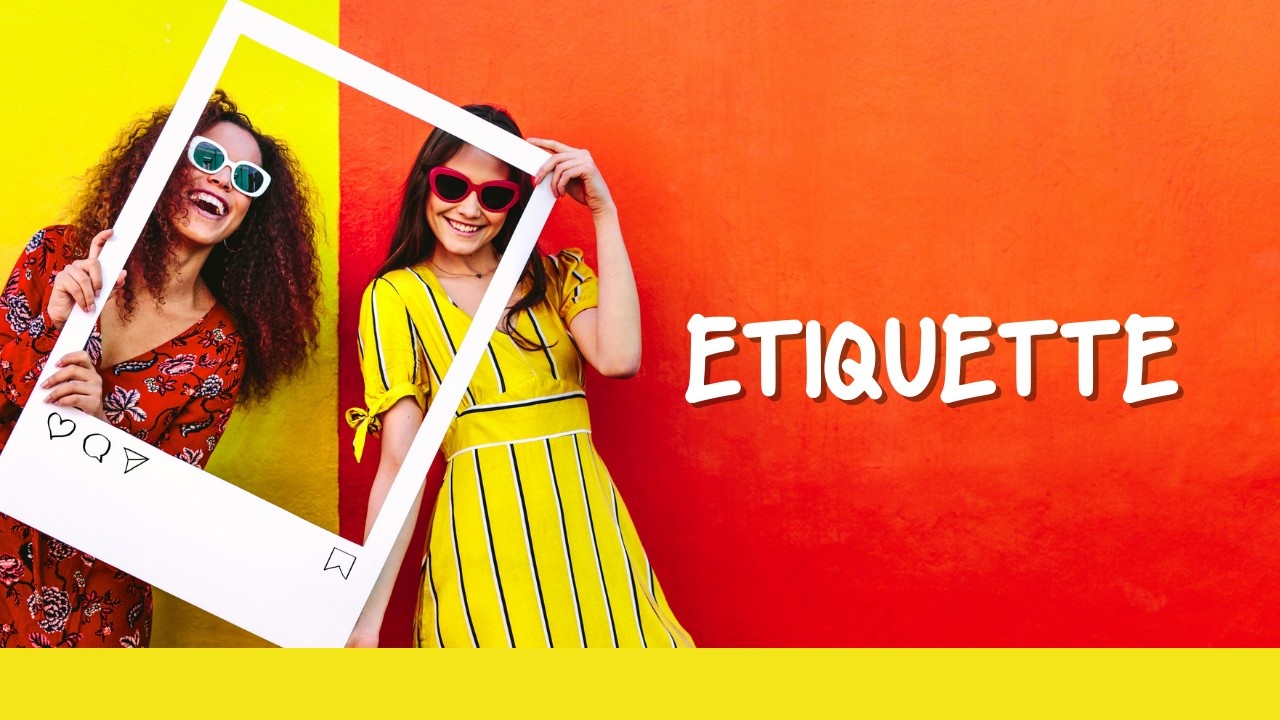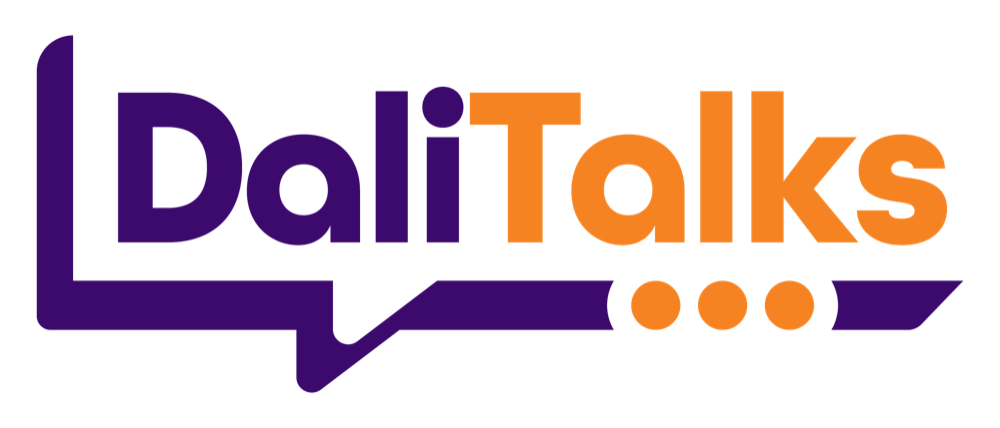13 Social Media Etiquettes To Teach Your Child

Since many schools throughout the nation are returning to online learning, more kids will be tempted to navigate to their social media sites.
And, let's be honest, they're already spending more time than any parent would want online, right?
So, let’s talk about SOCIAL MEDIA ETIQUETTE.
If you’ve been following me for a while, you’ve already read or heard me talk about delaying the use of smart devices for kids until you can no longer hold back.
You’ve also read or heard me talk about things to consider agreeing on with your kids when YOU DO give them access to devices and the internet.
Now, let’s review a few details about online etiquette:
1️⃣ Never share or repost information that you have not confirmed. You can avoid arguments with friends and family if you follow this suggestion.
2️⃣ NEVER share or post mean comments, images, or videos about someone (even if they are notorious for being a bully)
3️⃣ Refrain from using ALL CAPS. Using all caps is a form of shouting online.
4️⃣ Use exclamation points sparingly. Using too many turns people off and it reduces the chances of people reading your message.
5️⃣ Don’t post, text, or email when you’re angry. Intense emotions can feel good while you’re drafting your message, but you might regret it after you cool off.
6️⃣ Keep private things about yourself private. Don’t post your life problems in forums, chat rooms, or in a mass text group chat. Not only might you overshare and regret it, but once something is on the internet, there is a possibility that one day it can be leaked out to the entire public.
7️⃣ Use different usernames and passwords for your online accounts. It makes it harder for hackers to find all of your info.
8️⃣ Don’t set up silly or inappropriate online names (email, social media accounts, etc.). Lots of people today regret their email account names. Imagine getting stuck with the handle, masterbader. 😬😱
9️⃣ Ask for permission to post a photo, story, or image of someone before posting it. If you post a story without using names or information people would not be able to figure out the person’s identity is cool, but not everyone practices this well.
🔟 Careful what you post online. If you have an uneasy feeling about it, it’s best to not post it at all.
Don’t share personal info with strangers. Some people can seem so friendly and know how to gain your confidence, but really, if you don’t know them, you don’t know them. So, don’t share your address, phone number, social security number, debit card pin numbers, etc.
1️⃣1️⃣ Don’t post any emojis that might appear that you agree with someone’s mean comments. Even a thumbs up or smiling emoji makes you just as bad as the person who posted the mean message.
1️⃣2️⃣ Watch your writing tone. Yes, you can sound rude, crass, defensive, combative, or angry even through writing.
I hope that these tips help you establish good social media habits with your kiddos and that they help you keep them safe.
Remember, if they ask you why they must abide by these etiquettes, be honest and let them know that it’s all part of staying safe and being kind online.

